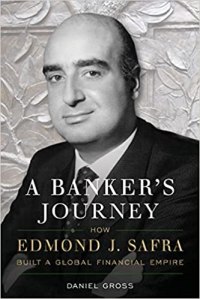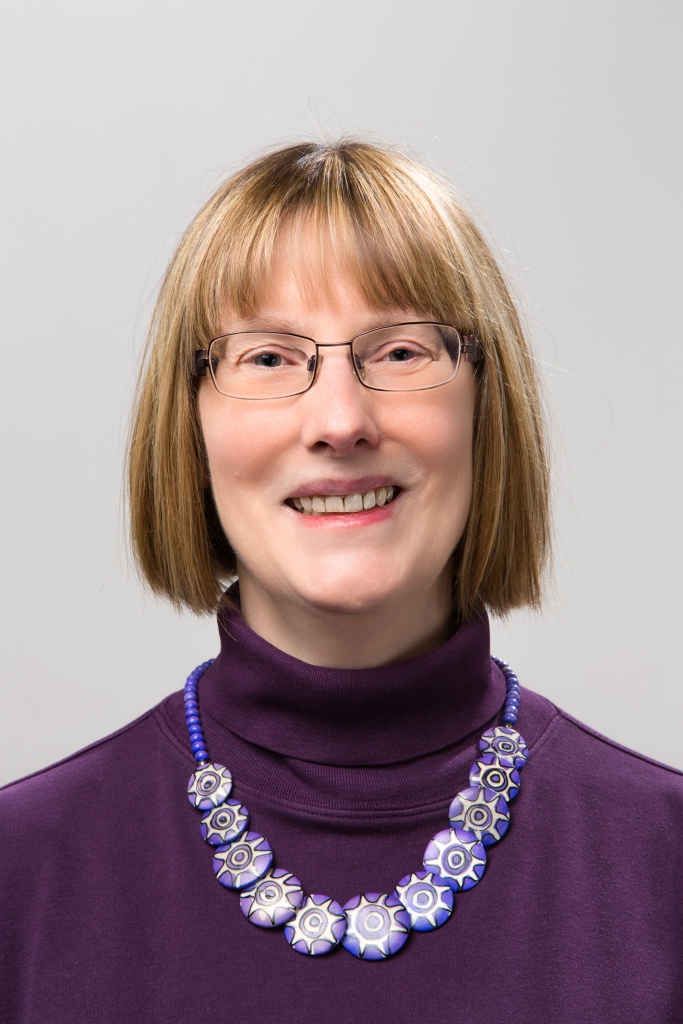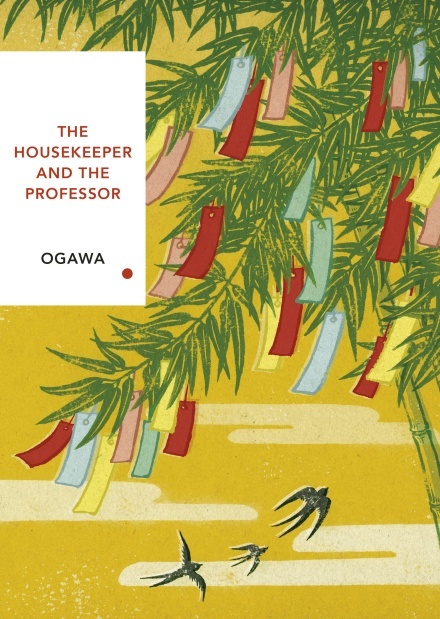From a young age, Safra assumed the mantle of leadership in the Syrian-Lebanese Jewish community, providing personal aid, supporting the communities that formed in exile, and championing Sephardic religious and educational efforts in Israel and around the world.
A Banker’s Journey: How Edmund J Safra Built a Global Financial Empire by Daniel Gross was published by Radius Book Group on 13 October 2022.
About the Book

Upon arrival in Rome, Edmond Safra presented his official papers,
which told only part of the story of who he was. His identity was both
clear and multifaceted. He was a son and brother. A Safra. An apprentice banker. A Jew. A Beiruti and Lebanese national. A Halabi (as
natives of Aleppo called themselves).
The tangible possessions the boy carried were unimpressive. A
briefcase and clothes, and a few gold coins. But he carried with him
intangible baggage—including both assets and burdens. These
included introductions to connections his father’s bank, Banque J.E.
Safra, had built. An appreciation of tragedy: Edmond’s mother had
died in childbirth when he was ten, and he had lost a sister when he
was five. A sense of responsibility and duty, not just to his father, but
to his eight siblings, his community, and his fellow Jews. A heritage,
a set of values, and an ethic that had been explicitly taught by his
parents, embedded in his DNA, and absorbed through osmosis.
Perhaps most importantly, his possessions included his mind, his heart,
and bountiful common sense.
The long journey from Beirut to Milan marked an inauspicious and
humble beginning for the business career of a man whom James
Wolfensohn, the former president of the World Bank, would deem to
be the greatest banker of his generation.1
Over the next fifty-two years, in a career unrivaled in the second half of the 20th century, Edmond
Safra carved an arc like a brilliant meteor in the dark night sky. Milan
and Monaco, where his life tragically ended in 1999, were separated
by just 190 miles. But in an exceptional half century, Safra traveled
immense distances—geographically, financially, socially, and intellectually. He built and endowed institutions and left a lasting impression
in the many places he called home. His life story is a dramatic one,
with overtones of both Horatio Alger and Shakespeare—remarkable
repeated success visited by conspiracies of hostile forces, family conflict,
a debilitating illness, and ultimately, a premature death.
When the two main banks Edmond built, Republic and Safra
Republic Holdings, were sold to HSBC, they brought a price of
billion. And upon Edmond’s death on December 3, 1999, his estate
was valued at more than billion. But the value he created in his
lifetime, and far beyond, in providing jobs, protecting wealth, providing credit, enabling trade, and bringing dignity and hope through
philanthropy, can’t be measured in dollars and cents. The way
Edmond Safra built his fortune was unique and instructive. But so,
too, was the way he behaved in doing so, what his work meant to
others, what he did with the power and resources he amassed, and
the humility of his ultimate goal: to create greater dignity in the world.
In A Banker’s Journey, financial journalist and historian Daniel Gross, who, like Safra, traces his heritage to Aleppo, Syria, reconstructs the public life of an intensely private man. With exclusive access to Safra’s personal archives, Gross tracks the banker’s remarkable journey from Beirut to Milan, São Paulo, Geneva, and New York—to the pinnacle of global finance.
Edmond Safra was fifteen in 1947, when his father sent him to establish a presence in Milan, Italy. Fluent in six languages, and with an eye for value, managing risk, and personal potential, Safra was in perpetual motion until his tragic death in 1999. The modern, global financial empire he built was based on timeless principles: a banker must protect his depositors and avoid excessive leverage and risk. In an age of busts and bailouts, Safra posted remarkable returns while rarely suffering a credit loss.
Today I have an extract to share with you.
On Thursday, November 13, 1947, Edmond Safra made his way
to Lod field, the small airport a few miles from the sands of Tel
Aviv in Mandatory Palestine. The fifteen-year-old Beirut native had
made the 130-mile journey over land from his hometown. The only
flight serving his destination, Milan, directly from Beirut left on
Saturday. And Edmond Safra, an observant Jew, didn’t travel on
Shabbat.
At the airport, a onetime British military base on the outskirts of
a thriving Jewish metropolis, Safra and his twenty-year-old chaperone, Jacques Tawil, checked in for the KLM flight to Amsterdam,
which stopped in Rome.
Safra and Tawil were two of the millions of people in motion in
Europe and the Mediterranean basin in the years after World War
II. Refugees and exiles, businesspeople seeking opportunity, hopeful
emigrants, soldiers of occupying armies, and returning prisoners of
war—all were uprooted, seeking stability and a place in a world in
which the old order had been upended.
The plane took flight over the white city of Tel Aviv, the burgeoning
home to the ingathering of refugees from Europe. As it carved a route
to the north and west, Safra could see in the distance the plains of
Aleppo, his father’s birthplace. Closer, the corniche of Beirut, the
Safra family’s increasingly tenuous home, carved a crescent into the
Mediterranean. The propeller plane chugged over the displaced
persons camps of Cyprus, from which hundreds of European Jews
had, four months earlier, made a desperate, unsuccessful attempt to
emigrate to Israel on a ship named the Exodus.
A few hours later, the plane touched down in Rome. With connecting flights to Milan cancelled due to the thick shroud of autumn fog,
Safra and Tawil were obliged to continue their journey by bus, finally
arriving in Milan just before sundown on Friday. Thus began, in
cinematic fashion, the opening scene of the dramatic career of
Edmond Safra.
Poor, broken, and not yet able to stand on its own two feet, Italy
may not have seemed like a place where an established, cosmopolitan,
third-generation Jewish banker like Jacob Safra might want to send
his teenage son to put down stakes. Two years after the end of the
war, the pall of fascism hung over Italy and Europe. Many Italian
cities remained strewn with rubble. In Milan, Edmond Safra could
have strolled by the central train station, from whose infamous
Platform 21 many thousands of Jews had been deported to death
camps just three years earlier.
But everything is relative. In 1947, shattered Western Europe was
rebuilding under the protection and occupation of the United States.
Meanwhile, the Levant, comparatively stable during the war, was
enduring a wave of disruption from the unwinding of the British
Empire and French colonial adventure. The earthquakes that would
cleave the three territories that tugged on the Safra family’s collective
heart—Syria, Lebanon, and Palestine—into hostile countries were
already beginning. Within a decade, they would render Beirut, the
seat of the family business, uninhabitable for the Safras.
Thirty years earlier, Jacob Safra, Edmond’s father, had left his
native Aleppo for the relative safety of Beirut as the collapse of the
Ottoman Empire rattled the region’s foundations. Now, Jacob Safra
dispatched his second-born son—just two years past the age of Bar
Mitzvah—to Milan to set up a gold trading and foreign exchange
business. And, more importantly, to act as a scout who could establish
a beachhead for the family and its enterprise on more stable ground.
Who was Edmond J. Safra? “The greatest banker of his generation,” in the estimation of a former World Bank President. The founder of four massive financial institutions on three continents, and a proud child of Beirut’s Jewish quarter. An innovative avatar of financial globalization, and a faithful heir to a tradition of old-world banking. The leading champion and protector of the Sephardic diaspora.
Edmond J. Safra’s life of achievement in the twentieth century offers enduring lessons for those seeking to make their way in the twenty-first century. He inspired generations to make the world a better place.







